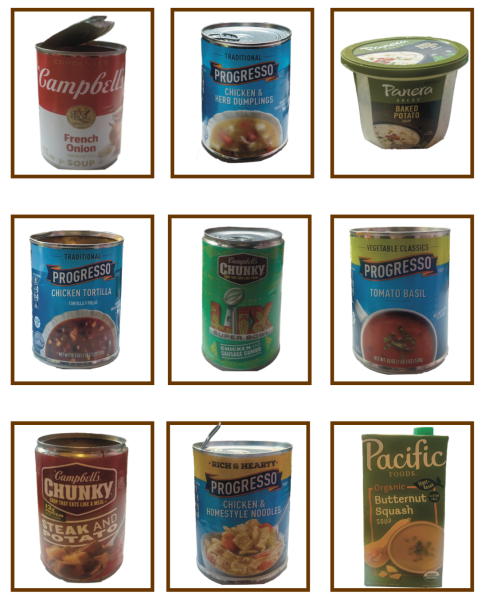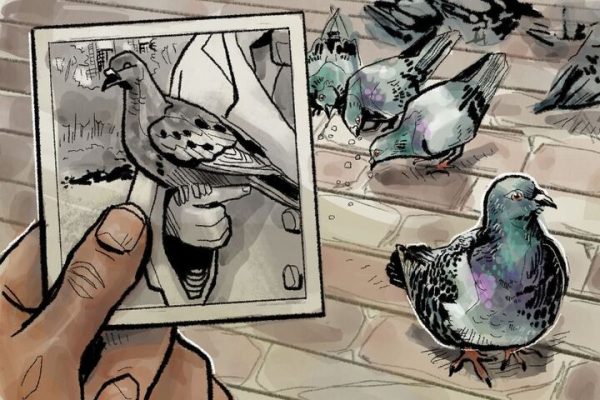Domestic violence affects everyone
So much of domestic violence happens behind closed doors that it’s rarely an issue that captivates a national audience.
After video of former Baltimore Ravens running back Ray Rice surfaced last week, it seemed as if every media outlet turned to cover the story.
Video of Rice hitting his then-fiancé, now wife, Janay Palmer Rice was disgusting and horrible to watch. News and sports news stations played the clip over and over again.
While it was tough to watch, it was important to see the severity of domestic violence that goes on every day. It’s a serious issue that needs to be publicized in order for it to end.
Domestic violence can happen to anyone: any gender, race, age and sexual orientation.
The National Domestic Violence Hotline states, “One in four women and one in seven men aged 18 and older in the United States have been the victim of severe physical violence by an intimate partner in their lifetime.”
Domestic violence comes in different shapes and sizes: physical violence, coercion, threats, intimidation, isolation, emotional abuse and sexual abuse.
Perpetrators most often use domestic violence as a way to feel control or power over their intimate partner — if that is what is called intimate.
Men and women need to realize that “power” is not always strength or a positive. In the case of domestic violence, it’s a weakness and a major one.
If you believe verbally or physically abusing your significant other is a good way of keeping them in line, try compassion out for size.
And quit blaming women for how they look or act. Far too often, a comment is left saying, “Have you seen the way she dresses? She was asking for it.”
No one is asking to be physically or verbally abused by someone else.
More often than not, this idiotic comment is left anonymously, and if this comment were true then women and men wouldn’t make it out of a swimming pool or spa alive, if only it was that simple.
And don’t be the friend of a victim that says, “If they touch you, I’ll kill them.”
This angle only makes it a revolving circle. Instead, sit with the victim, listen to them and be there for them.
Get some outside help from someone or the Domestic Violence Hotline and ask about the best ways to intervene. Make sure the victim is safe and not putting themselves in any additional risk.
And for god’s sake, don’t tell the victim that it’s his or her fault. Don’t be the judge and the jury when it comes to domestic violence. Believe their story no matter how ridiculous it might sound.
Be a good friend. Try to avoid being the victim. Don’t be the abuser.
If you are a victim, don’t ever think that people don’t care about you. Most cases of domestic violence are never reported, so get help.
The National Domestic Violence Hotline is available to call 24/7 at 1-800-799-SAFE. All calls are confidential and anonymous.
—For the Editorial Board,
James Kellerman







